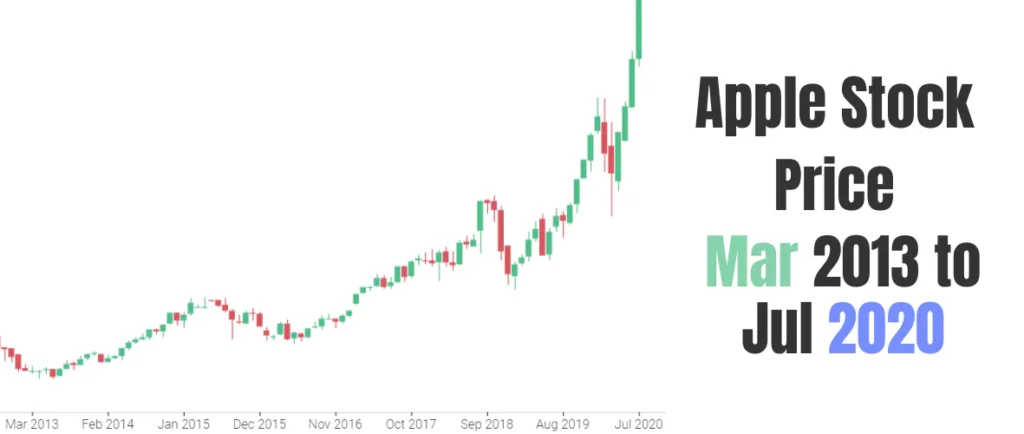Choosing to invest in the stock market is a serious decision with both benefits and disadvantages. Given that many people now include stock ownership in their long-term financial plans, it’s vital to understand the stock market and decide whether investing is the best option for your specific situation. This article will go over the advantages and disadvantages of stock investment, as well as crucial considerations and methods for beginners. When finishing, readers should have a thorough understanding of whether investing corresponds with their goals and risk tolerance.
Understanding the Stock Market
The term “stock market” describes an online marketplace where investors can purchase and sell shares of companies that are publicly listed. A business receives payment in exchange for a portion of its ownership when it issues stock. Following that, investors buy these shares at a price they anticipate rising over time.
Stocks, which represent ownership in a firm, and bonds, which are effectively loans to corporations, are the two main categories of securities traded on exchanges. Every day, several factors affect stock values, including corporate earnings, the state of the economy, market mood, and world events. Before making any investments in company shares, careful consideration and comprehension of these aspects are necessary.
Pros of Investing in the Stock Market
The possibility of huge earnings is one of the key advantages of long-term stock investments in high-quality companies. Despite occasional volatility, the stock market has produced yearly gains of about 10% on average over the past few decades. Even after accounting for inflation, $10,000 invested forty years ago would currently be worth almost $320,000. Minimizing non-systematic risk can also be achieved by diversifying investments across various industry sectors, company sizes, and international marketplaces.

Finally, unlike real estate, which has transaction expenses, liquid stock assets are simple to sell when cash is needed. For investors who bought and held through brief turbulence, certain recognizable firms, like Microsoft, Apple, and JP Morgan, have produced investing returns that have changed people’s lives. Time in the market is more important than timing it since compound returns do the heavy lifting.
Cons of Investing in the Stock Market
Long-term investors typically benefit from the market, but there are risks involved that investors must be prepared to take. Uncertainty might arise from short-term volatility in stock prices and the possibility of losses. Every now and again, equity values have been severely damaged by recessions, financial crises, and geopolitical events. The crash of 2008–2009 destroyed more than half of the value of the stock market.
High inflation and other ongoing risks reduce real returns when they can’t keep up with the rate of increase in consumer prices. The potential is limited if assets can only be accessed through pricey managed funds. When faced with significant short-term losses, many inexperienced investors lack the resources, experience, and mental self-control necessary to achieve above-average returns. A careless approach runs the risk of permanently undermining values.
Factors to Consider Before Investing in Stocks

Before investing any funds in stocks, it is important to understand your financial goals, time horizon, and risk tolerance. How much free investable cash actually exists should depend on several factors, including your income, expenses, emergency savings, and any tax-advantaged retirement accounts you may have.
An experienced financial planner can assist you in determining the right asset allocation based on your risk tolerance and profile. Lastly, having an inexpensive taxable or tax-advantaged brokerage account gives you straightforward access to a diverse stock portfolio through thousands of holdings in products like index funds and exchange-traded funds (ETFs).
How to Invest in the Stock Market
Once capital is committed, it is crucial to know how to use it wisely through strategy and study. Before risking real cash, beginners can practice buying and selling with virtual money using paper or brokerage trading accounts. Various order types, such as limit sell and market buy, adjust execution to the current price levels. The strengths, hazards, and potential benefits of a company, such as boosting earnings, a track record of dividend payments, or industry leadership, are assessed through fundamental analysis.
Technical indicators are used to identify near-term breakouts by measuring the current emotion and continuing patterns. Removing fees, taxes, and inflationary effects guarantees that investments produce real returns that align with individual objectives. Frequent portfolio rebalancing discourages deviating from targeted risk profiles and guards against behavioral errors like momentum chasing or low-selling.
Should I Invest in The Stock Market or Not?

In the end, the choice is based on the particular circumstances and objectives of each person. Investing in a low-cost, diversified portfolio through both good and poor markets has traditionally been a wise technique for increasing wealth over time for long-term goals spanning 5 to 10 years or more. People with tight deadlines, a strong aversion to risk, or sudden financial needs, on the other hand, could be better at holding their money in safer vehicles.
Speaking with a financial expert can assist you in critically evaluating your circumstances. Even though market volatility is disturbing, the best way to achieve financial goals that are in line with one’s risk tolerance is to stick to a regular investment regimen through monthly contributions. When reasonable expectations are combined with a long-term perspective, stocks can significantly increase savings with discipline and planning.
Conclusion | Invest in The Stock Market
The stock market has paid off for long-term investors who stick to a cheap buy-and-hold strategy through all market circumstances and take on the dangers associated with short-term volatility. But before even thinking about allocation decisions that demand careful consideration and realistic expectations, individual requirements, desires, and financial capacity must be determined.
Although handling public firms carefully can lead to significant financial gain, an unorganized strategy runs the danger of permanent losses outweighing any potential long-term gains. When done honestly and within one’s established risk tolerance, careful planning along with broad, low-cost exposure places stock holdings as a key foundation for retirement, college planning, or other lifelong ambitions.
Disclaimer
The information provided in this article is for informational and educational purposes only and should not be considered investment advice. The content is not intended to be a substitute for professional financial advice, suitability determination, or any other type of advice.













